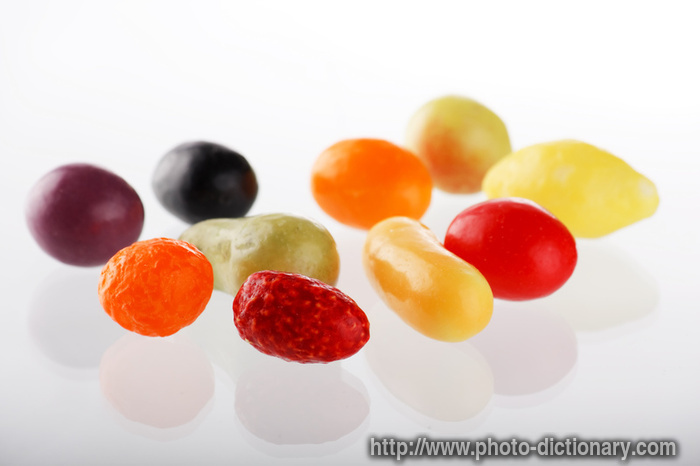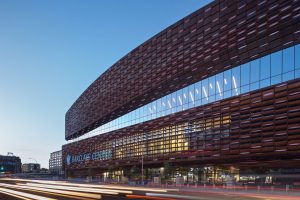The location I chose is a tiny corner on the edge of Chinatown. It’s around a 25 minute walk from City tech, you cross the Manhattan bridge, and walk down Canal towards Essex street. This little corner of Chinatown didn’t hold much significance to me until recently when I started working in Chinatown. Working in Chinatown has inspired me to return to my roots, to start eating the foods I ate when I was younger, and to learn more of my native language. Seeing that what was once a deli and Chinese breakfast cafe become a trendy coffee joint really shocked me. I remembered waking up Saturday mornings and taking the train from Queens to Chinatown for doctors appointments, and buying soda from the Deli and waiting for my father to get coffee. What used to be so insignificant suddenly means a lot to me. The whole feeling of the area completely changed as well. It used to be bustling in the morning, The East Broadway station used to be full of people coming in and out, but now few people pass through. It used to be a busy center of transport, but now it’s a relaxed open environment. I hadn’t been to Chinatown most of high school, It took me a while to realize that this new area with Cafes was the same area I used to get breakfast from before Saturday school and doctors appointments. There is also a very distinct border to Chinatown and the lower east side. And you can feel the LES slowly encroaching, simply by the new deli and also the Chinese “diner” on another corner across from the cafe. This wide, white sheet of gentrification slowly covering and strangling my roots.

This is what the corner used to look like. 26 B and 26 A were the Deli and Cafe that were replaced.

This is the new cafe “Little canal” that replaced it.

This is the Chinese “Diner” that is across from the new cafe that has been there for years. very good food. Nice juxtaposition.










